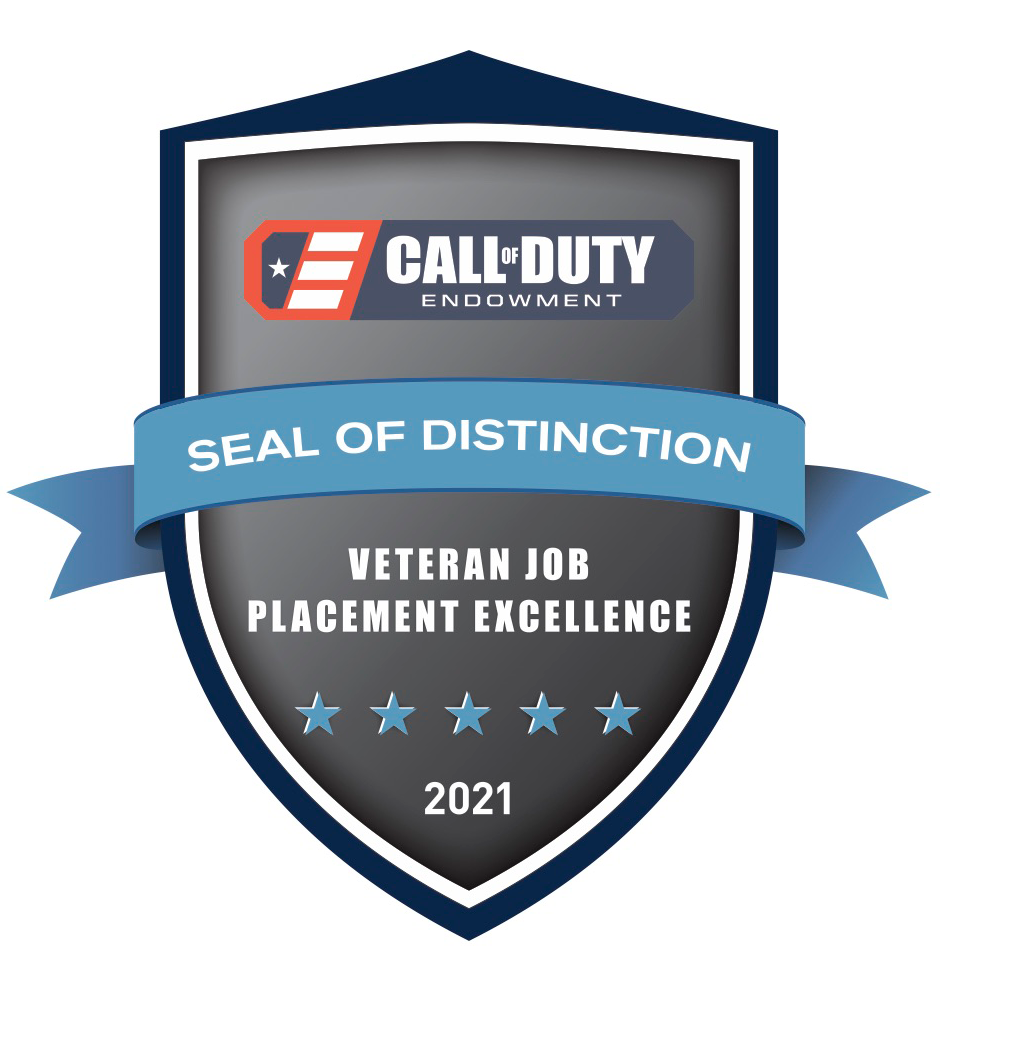Organization eases military transitions with mentors from corporate America

November 2021 | Amy Meehan
On the morning of Sep. 11, 2001, Sid Goodfriend was downstairs, one block from the World Trade Center. As a lifelong New Yorker, Goodfriend will forever remember the events of that day in his mind and heart: the brave passengers on United Flight 93 who fought against the Al- Qaeda hijackers, the spirit displayed by the first responders in New York City — each one of them running toward, not away, from the danger. And more broadly, the spirit of the more than 5 million Americans from across the nation who responded to a call to serve. Sept. 11, 2001 is Goodfriend’s generation’s Pearl Harbor. It’s why he started American Corporate Partners (ACP), but first, a little background on this military influencer.
After graduating from Johns Hopkins University and earning an MBA from Columbia University, Goodfriend started trading stocks which resulted in a rewarding investment banking career spent at Merrill Lynch and Credit Suisse. He was grateful for the opportunities his personal success offered him, and knew he was indebted to the mentors he had along the way.
In 2008, he decided he wanted to do something different and founded the nonprofit organization ACP. Goodfriend and his wife, Amy, invested several hundred thousand dollars to start the organization and began a more than decade-long commitment to helping military members ease their transition from the service to the private sector.
Goodfriend approached CEOs from some of America’s top companies to help him get the organization started with volunteer mentors and funding, including PepsiCo and Morgan Stanley, and created a unique mentoring program — pairing experienced corporate professionals with military members trying to figure out their next career move.
The program is free to post- 9/11 service members and active-duty spouses, and pairs transitioning military with corporate leaders for customized, year-long one-on-one mentorships designed to help the veteran figure out his or her next steps post military.
Executive Director and Army veteran spouse Colleen Deere has been with ACP since 2010 when her husband, Steve, was a protégé, and has worked closely with Goodfriend to grow ACP into the Guidestar platinum-rated nonprofit it is today.
“Finding ACP was one of the best things to happen to me, both personally and professionally. My husband’s transition from the Army to a financial services career was challenging, as artillery skills don’t easily translate into a corporate career. Steve’s ACP mentor helped him figure out his marketable skills and eventually land his dream job. I’m lucky to be able to help Sid build such an incredible organization that has changed the lives of more than 21,000 veterans over the years,” Deere said.
Goodfriend explains that “these companies support ACP veterans by providing funding and mentors while my staff work with them throughout the year to provide assistance and share resources.” ACP grew from that basic foundation of six partner companies to more than 100 top corporations. Seasoned mentors volunteer to be paired with a veteran protégé for one year. They meet regularly to outline goals and what steps a veteran needs to take to gain employment in the civilian workforce. “I believe the mentorship program has been directly correlated to me having several interviews in the last couple of months,” Larry Meehan, a retired Navy captain, said, “and I ended up accepting a job at a company thanks to the insight and support of my mentor. The staff at ACP cared and listened to my goals to ensure I was getting the right kind of support after serving in the Navy for almost three decades. It’s a big transition and the mentorship really mattered as part of my transition into civilian life.”
Goodfriend, who views his full-time work with ACP as public service, takes no compensation from ACP. He believes any American across the country should consider being a part of the cause, whether it is through spreading the word about the program, hiring a veteran, getting their own company involved, or by making a small donation to help support the mentorship program.











